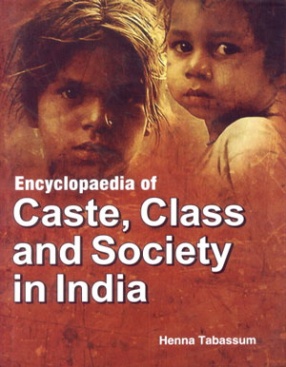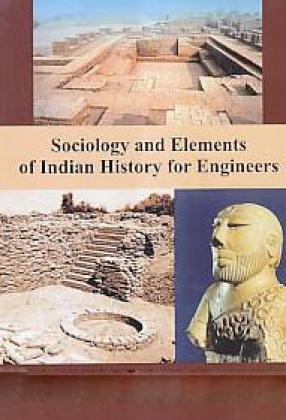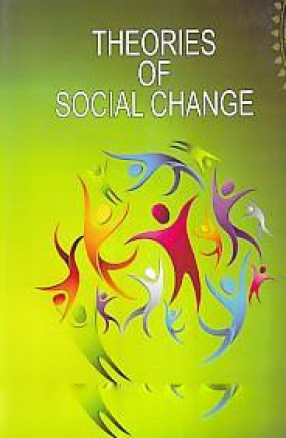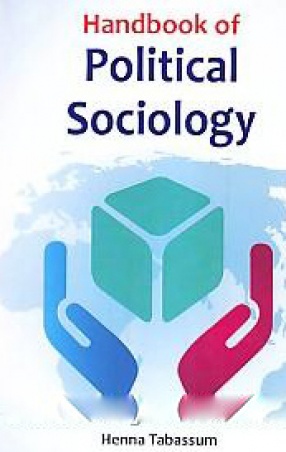In the Indian tradition, moral codes concerning dress were more in keeping with the natural environment. Clothes were light and simple, consistent with the generally hot climate. And in matters of religion, there was greater diversity, and much more personal choice. It was often up to the devotee to visit a temple at a time of his or her choosing. Which deity to worship involved an element of local choice and different Jatis might worship different deities. Local versions of the to hundreds of different versions in circulation. Unlike in Islam, pilgrimages were undertaken under less pressure and with greater individual volition. Al-Biruni also noted how the Hindus were remarkably flexible and willing to change customs and traditions they no longer felt to be relevant or essential. Each chapter in the book is self contained and is consistent with the general aim of the book. No doubt, the chapters given in this book shall help the teachers, students and social scientists to understand and explore more in the subject.
Encyclopaedia of Caste, Class and Society in India
In stock
Free & Quick Delivery Worldwide
reviews
Bibliographic information
Title
Encyclopaedia of Caste, Class and Society in India
Author
Edition
1st. ed.
Publisher
ISBN
9788126146505
Length
viii+296p., 25cm.
Subjects








There are no reviews yet.